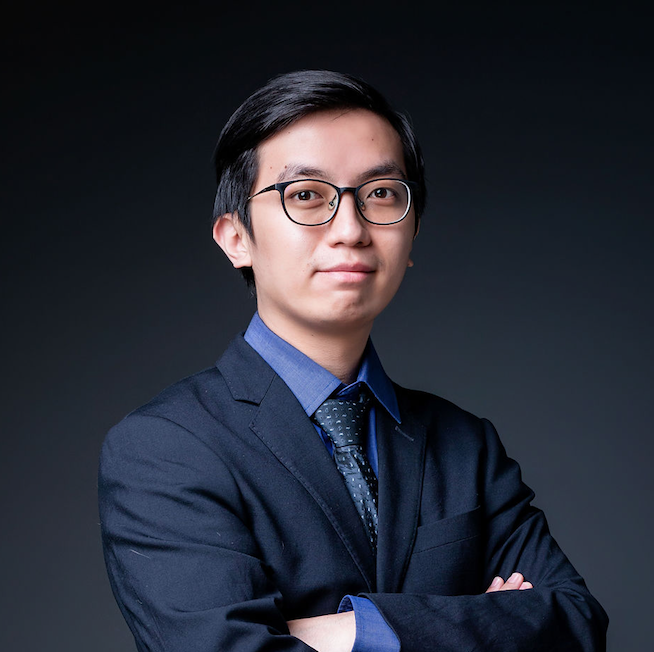When Sleep Meets Science
One-stop digital sleep health platform
Sleep Disorder - About 27% of the world's population suffers from sleep problems

U.S.
More than 70 million people suffer from sleep disorders, of which 35 million suffer from insomnia symptoms and 22 million suffer from sleep apnea.

Australia
1 out of 10 Australians has a sleep disorder severe enough to affect their health, safety and productivity.

Japan
Sleep deprivation ranks first in the world, with 20% of adults suffering from chronic sleep deprivation and 15% feeling excessively sleepy during the day.

Taiwan
In 2020, 1 out of 4 Taiwanese over the age of 15 suffered from mild sleep disorders; about 10% have moderate sleep disorders, and about 5% have severe sleep disorders.

Singapore
About 10-15% of the population suffers from insomnia. Only a quarter (27%) of people in Singapore have an ideal sleep cycle (7 hours or more).

South Korea
Of the 26 OECD countries surveyed, South Koreans sleep the least, sleeping 7 hours and 41 minutes a night, 41 minutes shorter than the average.
A digital health platform can manage sleep issues more accurately and effectively

Promote scientifically proven non-drug treatment options
In Taiwan, sleeping pills are often seen as a cure-all for insomnia. In 2022, more than 1.1 billion sleeping pills were prescribed by medical institutions nationwide, with a usage rate exceeding 20%. In contrast, only about 8% of adults in the United States use sleeping pills, and more people there are choosing Cognitive Behavioral Therapy for Insomnia (CBT-I) as their first line of treatment instead of medication.

Focus on efficiently identifying the root causes of sleep issues
Traditionally, the tests provided by hospital sleep centers are considered the gold standard, but they are time-consuming, inconvenient, and require significant manpower. Currently, only 60 hospitals in Taiwan offer sleep tests, with wait times ranging from six months to over a year.

Helping doctors and patients communicate effectively and prioritize the root cause of the illness
In the current healthcare system, doctors are often overwhelmed and focus solely on seeing more patients, while patients tend to rely on medication. When patients request drugs, fatigued doctors may quickly prescribe them without thoroughly investigating the underlying cause, merely addressing the symptoms temporarily with medication.
Discover our products & solutions
The two most common sleep disorders
Insomnia
Insomnia mostly refers to the subjective feeling that the individual does not have enough sleep or deep sleep; objectively refers to the fact that the sleep disorder has been at least one month long and has affected the daytime life function. Although one or two days of insomnia will not have a great impact on life, if you suffer from long-term insomnia, you will experience distraction, fatigue, poor memory, weakness, etc., and even affect your daily life and interpersonal relationships. Further processing is required.
Sleep apnea
Sleep apnea is the repeated collapse of the upper airway (including nasopharynx, oropharynx, and larynx) during sleep, which blocks the airway and causes shallow and laborious breathing. In severe cases, the airway is completely blocked and Causes air inhalation and suffocation. In most people, the airway is narrowed due to obesity, or the muscles that maintain the airway are easily collapsed due to insufficient muscle tension to maintain the airway. It is also caused by congenitally small or retracted chin, excessively large tonsils or overhanging or congenital craniofacial defects, resulting in narrow airway.
ZionCare 使用者的真實體驗
別只聽我們的,來看看其他用戶的真實體驗與分享






















